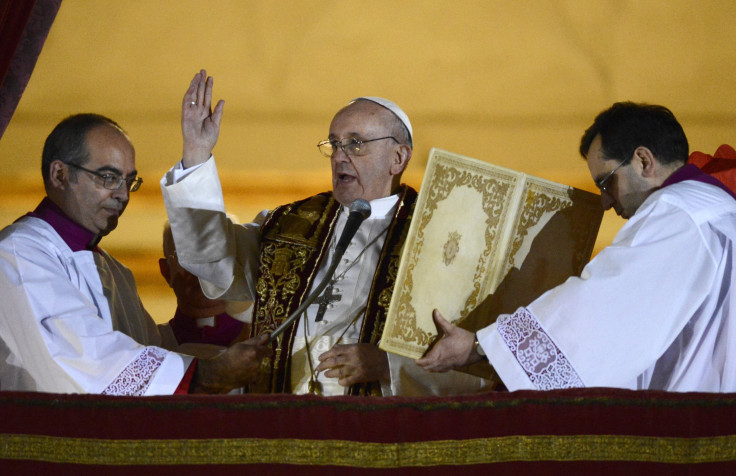Argentina's Mixed Reaction To Pope Francis, Their Former Cardinal Jorge Bergoglio

Argentine Cardinal Jorge Mario Bergoglio was selected as the new pope on Wednesday, and many Catholics in the South American country are rejoicing at the news that the new pontiff -- who assumed the name Francis -- hails from the busy streets of their own capital city, Buenos Aires.
“It was a bit of a surprise,” said Fernando Vivarra, a member of the Catholic organization called Accion Catolica Argentina, which is based in Buenos Aires. “We are very happy. But we would be happy with any pope who got the most votes of the conclave.”
The voting process began in Vatican City on Tuesday morning, which made the Wednesday evening decision an unexpectedly quick one for the 115 cardinals who conducted their deliberations inside the Sistine Chapel. Some observers were predicting that the conclave would go with a safe choice for the next leader of the Church -- perhaps a Vatican insider from Italy or elsewhere in Europe -- but the actual decision was a rather unexpected one. Bergoglio will be the first non-European pope in modern history and the very first from South America, as well as the first Jesuit.
In Argentina, more than 6,000 miles away from the cheering crowds in Vatican City, the news is still settling in -- and reactions are varied. There has been plenty of commotion inside the Buenos Aires Cathedral, but it had nothing to do with Pope Francis.
On Tuesday, about 150 secular Argentines stormed the cathedral in order to protest subsidies to private schools, many of which are Catholic. Demonstrators argued that the $262 million awarded to private schools for subsidies last year took money away from the public sphere.
Because of those protests, a Mass that had been scheduled at Buenos Aires Cathedral in honor of the Vatican conclave was canceled.
Now discord may give way to celebration on the streets of Buenos Aires. At least 70 percent the Argentine population is nominally Roman Catholic, though polls indicate that the vast majority of them do not attend church on a regular basis.
Bergoglio might take issue with that, just as he has taken issue with other aspects of Argentine life. The new pope, famous for rejecting material excess and insisting on a life of simplicity, has criticized the government for failing to address inequality. He also opposes the country’s social liberalism, which is quite advanced for South America. Argentina is one of few countries around the world where same-sex marriage is legal. Abortions are also allowed, but only in cases of rape or endangered health.
Argentina’s reaction to the news of Bergoglio’s ascension is sure to be mixed, since he is a traditionalist on issues of gay marriage, abortion and women’s role in the church.
But for Bergoglio himself, those concerns may now seem a bit provincial. As the new Pope Francis, the scope of his influence now extends far beyond his home country to encompass devotees all over the world.
The new pope will take the reins of a church that is embroiled in sexual abuse scandals, allegations of corruption and widening schisms over policy. Catholics all around the world will watch closely to see how their unexpected new leader responds to these very serious challenges.
“I hope this selection will help to promote unity in the church,” Vivarra said.
© Copyright IBTimes 2024. All rights reserved.






















